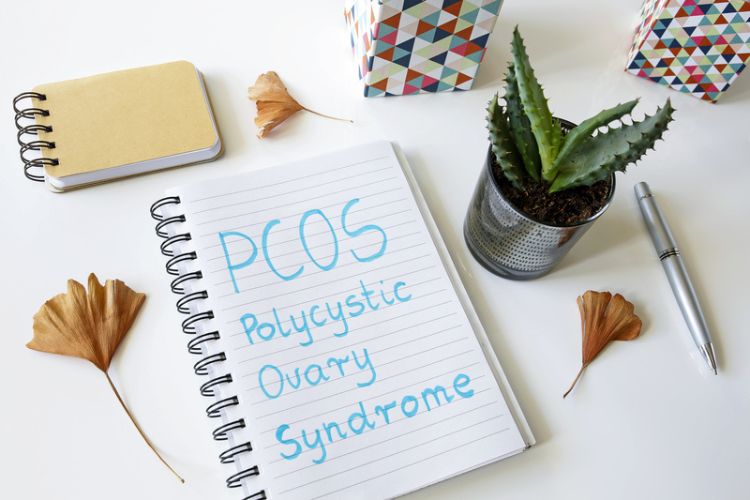Polycystic Ovary Syndrome (PCOS) is a complex hormonal disorder affecting millions of women worldwide. Among its many challenges, PCOS often comes hand in hand with metabolic issues, particularly elevated blood sugar levels. Understanding this connection and adopting targeted lifestyle changes, such as diet modifications and intermittent fasting, can hold the key to managing PCOS symptoms and even reversing its effects.
Unveiling PCOS: A Hormonal Imbalance
PCOS is a condition characterized by hormonal imbalances, irregular periods, ovarian cysts, and often, difficulties with fertility. But it doesn’t stop there. Many women with PCOS also face an increased risk of metabolic disorders, including insulin resistance and type 2 diabetes.
The Blood Sugar Rollercoaster
Central to the PCOS puzzle is the role of insulin. Insulin is a hormone produced by the pancreas to regulate blood sugar levels. However, in PCOS, the body’s cells become resistant to insulin’s effects, leading to higher levels of both insulin and glucose in the blood. This excess insulin stimulates the ovaries to produce more androgens (male hormones), disrupting the normal balance of hormones in the body.
The PCOS Plan: A Holistic Approach
In their groundbreaking book, The PCOS Plan, Dr. Jason Fung and Nadia Brito Pateguana, ND, shed light on a revolutionary approach to managing PCOS through diet and intermittent fasting. Here’s how these strategies can play a pivotal role:
- Low Glycemic Diet
A low glycemic diet focuses on foods that have a minimal impact on blood sugar levels. This means reducing the intake of refined carbohydrates like white bread, sugary snacks, and processed foods. Instead, the emphasis is on whole foods such as vegetables, fruits, high quality proteins, and healthy fats.
By choosing low glycemic index (GI) foods, you can help stabilize blood sugar levels, reducing the need for the body to produce excess insulin. This approach not only supports weight management but also helps in managing PCOS symptoms.
- Intermittent Fasting
Intermittent fasting, or IF, involves cycling between periods of eating and fasting. This practice has gained popularity for its potential health benefits, including improved insulin sensitivity. For women with PCOS, IF can be particularly beneficial in managing insulin levels and promoting weight loss.
Dr. Fung and Pateguana explain how intermittent fasting can help the body break free from constant insulin spikes, allowing cells to become more sensitive to insulin over time. This, in turn, can lead to better hormone balance and reduced symptoms of PCOS.
- Weight Management
PCOS is often associated with weight gain or difficulty losing weight. The combination of a low glycemic diet and intermittent fasting can be a powerful tool for weight management. By controlling blood sugar levels and reducing insulin resistance, these approaches can support healthy, sustainable weight loss.
Empowering Women with PCOS
Implementing the principles outlined in The PCOS Plan can empower women with PCOS to take control of their health. However, it’s essential to approach any lifestyle changes with guidance and support, especially when dealing with a complex condition like PCOS.
PCOS is a multifaceted condition that requires a comprehensive approach to management. Understanding the connection between PCOS and blood sugar levels opens doors to effective strategies like a low glycemic diet and intermittent fasting. As Dr. Fung and Pateguana highlight in The PCOS Plan, these lifestyle modifications have the potential to not only alleviate symptoms but also address the root causes of PCOS, offering hope and empowerment to women on their health journey.
Whether you’re exploring these concepts for the first time or seeking to refine your approach, The PCOS Plan serves as a valuable resource in navigating the intersection of PCOS, blood sugar, and lifestyle choices.




